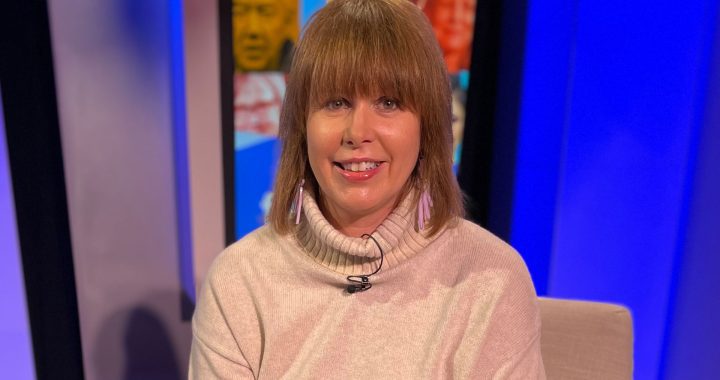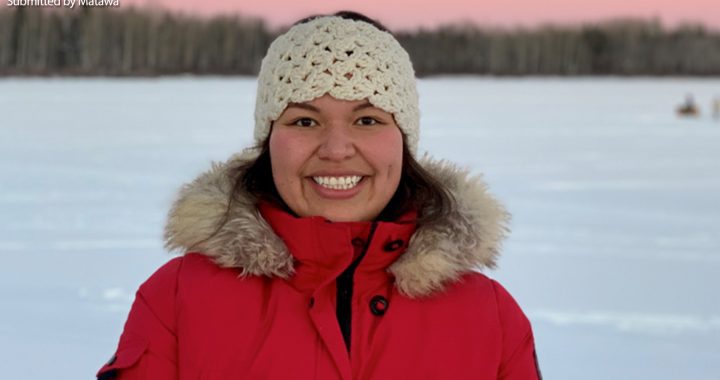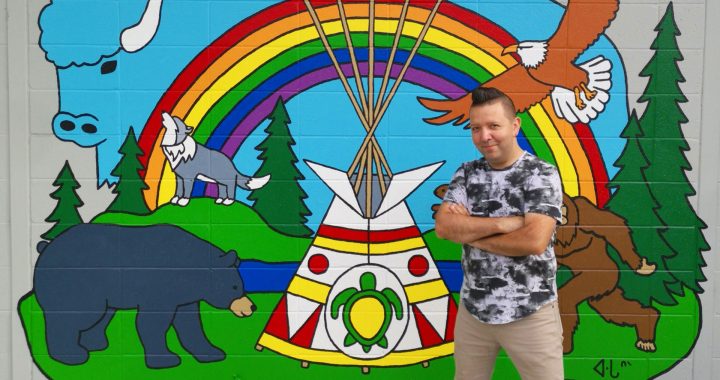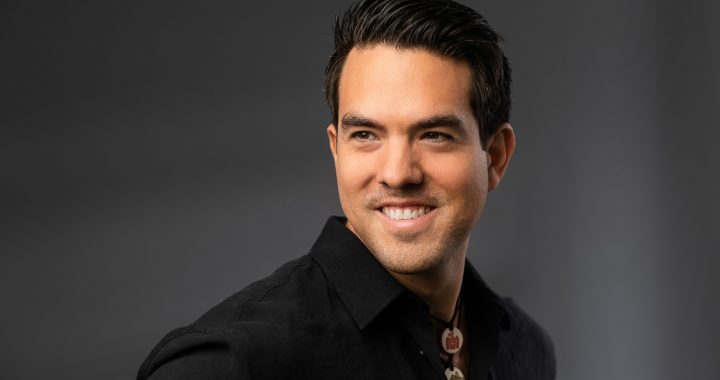Transformation. Reset. Modernization.
Those are all just some of the ways provincial governments have characterized changes to child welfare systems and policies.
All nice words, says Irwin Elman, but the hard part is making them mean something in the lives of young children.
Elman, who spent nearly 11 years as the advocate for children and youth in Ontario, says the child welfare system itself is flawed and based on a colonial system.
“The system has in its bones this idea that safety is equal to separation,” says Elman.
“It’s 140 years old, the bones of this system, nothing has changed that. It comes from New York which came from Britain back then, and it was a system to surveil families. Families of slaves. Families of Irish and Italian immigrants to New York.”
Elman says the idea back then was that people might not be able to raise their children properly, “so we better watch them and if they can’t, we’ll take their children away. No reset or transformation has changed that.”
According to Elman, there is currently no child protection system in that world that works or provides better outcomes.
“We say it takes a village to raise a child but we don’t believe it in colonial society. Parents are responsible for their children and if you can’t parent your child, you shouldn’t have them,” says Elman.
Read More:
‘No guts’: Experts weigh-in on Ontario government’s proposed child welfare overhaul
During an interview on Face to Face, Elman recalls a story told to him by a former chief from British Columbia.
“He said, in our community when a child is born we have a ceremony where the entire community adopts the child. So, it’s not just the parents’ child, it’s the community’s child and in a way, he said, that means we don’t need a child protection system because we have a family support system.
“If the family needs support we support the family. If the child needs support, we support the child. As a community. We protect and support and nurture that child and to me that’s just one aspect of a worldview that’s not colonial. We cannot hold that worldview were a community adopts a child and we impose the colonial child protection system instead.”
Elman says even with resets and devolution, First Nations child welfare agencies still have to use federal and provincial laws and courts.
“Imagine them being able to create their own systems, it will be completely different,” says Elman.
Elman is Ontario’s first and only child and youth advocate: The office was eliminated by the provincial government shortly after Premier Doug Ford was elected.
The closure of the office came as a surprise to Elman who first found out from the media about his role being ended.
Elman thought it was a “ridiculous and damaging decision, especially given the office was well regarded around the world for it’s advocacy.”
Elman believes the decision came down to the Ford government’s “agenda to cut budgets and cut red tape and focus on open for business and that meant they didn’t really need anybody protecting the most vulnerable in the province.”
Ontario is a province where a child with some connection to the child welfare system, dies every three days.
“Monday, Tuesday, Wednesday a child dies. Thursday, Friday and Saturday, a child dies. On and on and on.” says Elman.
“And the minister knows this, she gets the reports on her desk. And if she doesn’t, she can ask for them. Maybe her staff gets them. She needs to read them and then say a system reset is not good enough. Certainly, a system reset without any commitment to a family support system in the province is not good enough, because those deaths will continue to mount on her desk.”
An investigation by APTN News discovered 102 Indigenous kids connected to the child welfare system in Ontario died over a five-year period.
In Manitoba, over an 11-year period, 652 kids who had some contact with the child welfare system within the past year of their life died.
Manitoba has more than 10,000 kids in care. Ninety per cent of them are Indigenous.
Elman says reporting on the child welfare system is “crucial.”
Children in the system would tell Elman they feel like ‘UFOs’ and only seen when something goes wrong.
“Then people take us into this house and people assume everything is fine and we vanish. They don’t hear about us again until we age out at age 18 or 21 and because of the brutalness of the system, we’re not doing well. So, we enter the justice system or our children go into child welfare system,” says Elman.












